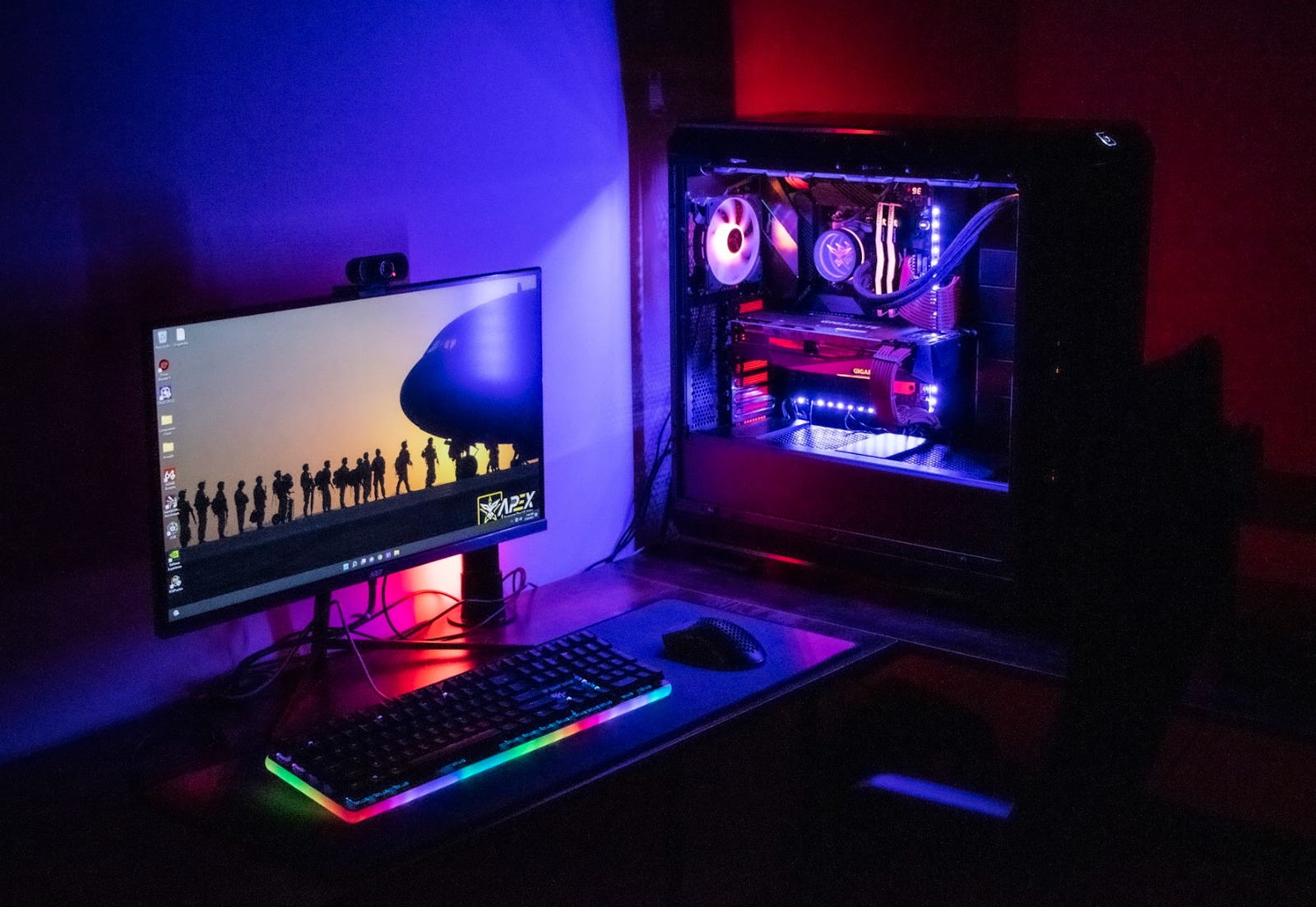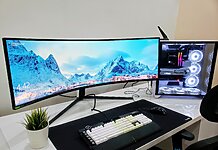- The Unity Asset Store lets gaming students earn passive income from skills they already use in their coursework.
- Unlike a freelance gig, you can create an asset once, upload it, and earn money from it while focusing on school.
- The main challenge is balancing this work with school deadlines.
I’ve met many gaming students who dream about making money from their skills, and honestly, I’ve been there too. Between classes, projects, and those painfully long nights fixing broken scripts, it is easy to wonder if there is a side hustle that actually fits into a student’s schedule.
The good thing is that the Unity Asset Store has become one of the easiest ways for students like us to turn late-night creativity into real income.
I first got into asset creation when I realized half my classwork already involved modeling props, animating characters, tweaking textures, and all the usual stuff. Uploading assets felt like a natural extension of what I was doing anyway.
And unlike freelance gigs or part-time jobs, the Unity Store does not need you to clock in or chase clients. You make something once, upload it, and it can earn on its own while you focus on assignments or even take a break.
Of course, the real challenge for most students is time. I have had weeks when three deadlines hit at once, and there was no way to juggle everything without burning out. I know people who used academic support during crunch time, and I have done the same when coursework stacked up.
Sometimes choosing to pay for research paper help becomes the one move that keeps both your GPA and your unity asset production alive. It is all about knowing when you need an extra hand so you do not drop everything else.
Why I Think the Unity Store Is Perfect for Students

Unity is everywhere right now, from indie games to school projects. Because of that, anything you upload has a shot at landing in front of thousands of developers. I have seen everything sell, including tiny prop packs, stylized characters, particle effects, cute UI sets, and even random sound packs made in a dorm room at 2 AM.
The best part is that once your asset is approved, it just sits there quietly making money while you move on with your semester.
For students, that is a dream setup. You do not need a boss, you do not need a huge studio, and you do not need a lot of time. You just need something that solves a developer’s problem. And developers will gladly pay for anything that makes their work faster.
Learning What Actually Sells

Before I made anything, I spent a few days scrolling through the marketplace like I was window-shopping. That alone taught me a lot. The best-selling assets are not always the prettiest ones. They are the practical ones.
Modular environments that can be reused. Character packs with clean rigs. Scripts that help beginners plug in jump systems or inventory mechanics without losing their minds.
Reviews became my secret weapon. People are surprisingly honest. They will tell you exactly what is missing, what is broken, and what they wish they had.
If you can build something that answers those complaints, you will stand out immediately. And because the store updates constantly, there is always a niche waiting to be filled.
Most students stick to Blender because it is free and powerful, and that is usually enough to start. Substance Painter is great when you want to level up your textures.
For audio packs, I used Audacity because it is simple and gets the job done. And when I collaborate with classmates, Unity’s built-in version control keeps everything organized.
Organization apps like Trello helped me more than I expected. It sounds simple, but seeing small tasks checked off keeps you moving when motivation is low.
Balancing School With Asset Work

Here is the tricky part. Asset creation sounds fun until you are knee-deep in an animation retargeting problem while two deadlines breathe down your neck. I have found that breaking projects into tiny chunks helps a lot.
One day for rough concepts, another for mesh cleanup, another for textures. The moment you try to build everything in one giant sprint, you are finished.
It is not about slacking off. It is survival. It gives you room to polish your assets instead of handing in rushed work on both ends.
As soon as my portfolio started looking solid, a few small studios reached out. It is flattering, but also risky during exam season. I learned to accept only what I could realistically finish. Task managers like Asana helped me keep track of everything without losing my mind.
Staying Competitive and Relevant
The Unity Store is crowded, so I stopped worrying about outrunning everyone and focused on being recognizable. Bundles with a consistent look, catchy naming, or themed collections helped me stand out. Keeping an eye on Unity forums and game jams also helped me notice new trends early.
Every time I upgraded a skill, like learning better lighting tricks or experimenting with shaders, my assets improved. The results showed themselves in sales and better reviews.
I have seen students start with tiny assets and eventually build full games or launch small studios. Unity Store earnings often go back into better tools, classes, or paying for tuition. More importantly, this side hustle teaches real-world skills like time management, understanding an audience, presenting work, and dealing with actual developers.
If you are a gaming student trying to make extra income without drowning in side jobs, creating assets for the Unity Store is one of the smartest and most flexible paths you can take. It teaches things your classes do not always cover, it builds useful experience, and it gives you the freedom to earn on your own terms.
And who knows. A small side hustle today might be the foundation of your future career tomorrow.
Thank you! Please share your positive feedback. 🔋
How could we improve this post? Please Help us. 😔
Passionate gamer and content creator with vast knowledge of video games, and I enjoy writing content about them. My creativity and ability to think outside the box allow me to approach gaming uniquely. With my dedication to gaming and content creation, I’m constantly exploring new ways to share my passion with others.




